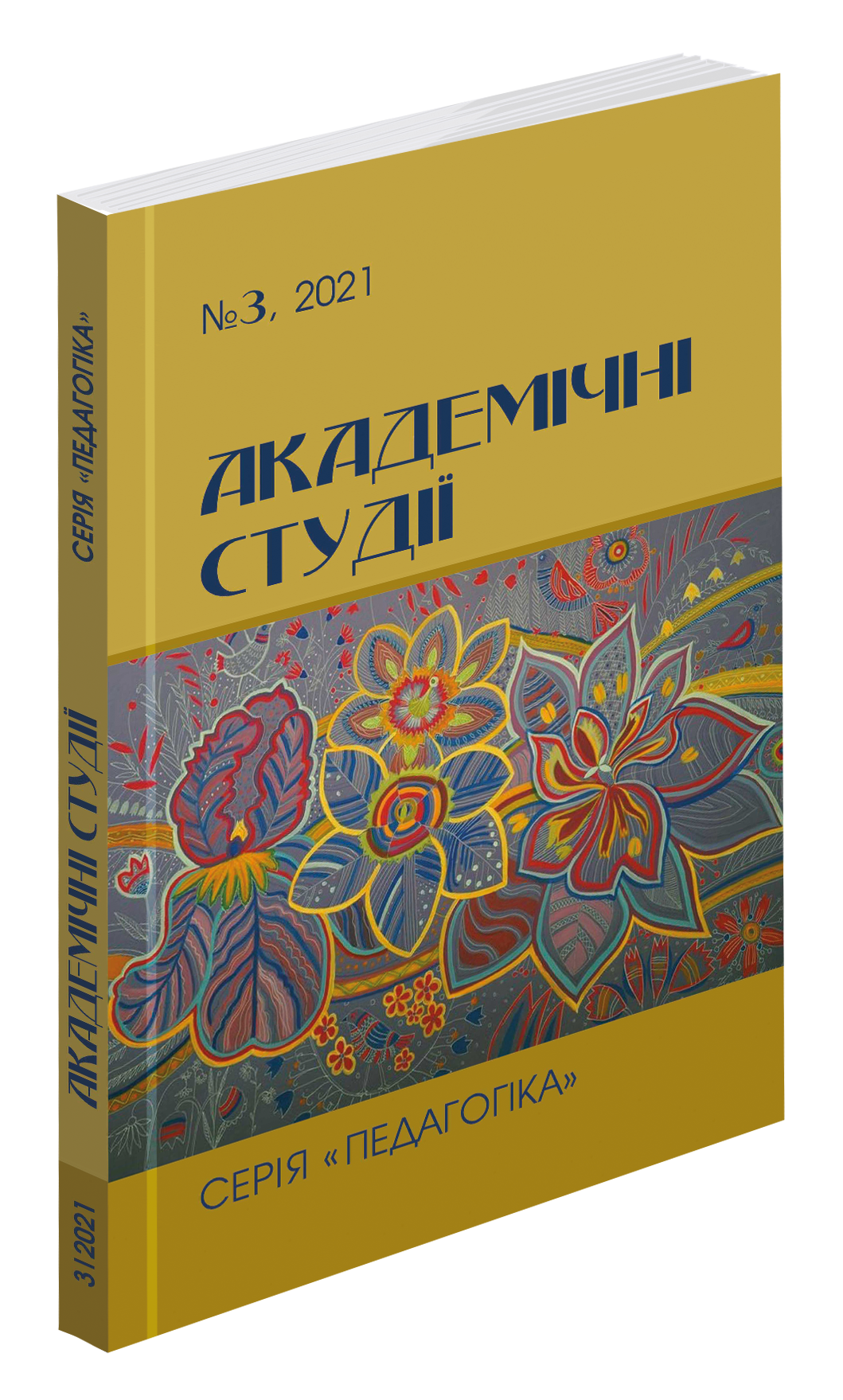Abstract
The article considers the use of Lego design and robotics in classes with preschool children. The authors in their study proved that the development of design abilities activates the mental processes of the child, stimulates interest in creative problem solving, ingenuity and independence, initiative, self-realization, desire to find new and original, and therefore promotes giftedness. The purpose of this study is to highlight new aspects in Lego preschool education through a variety of activities. The article analyzes the ways, methods and stages of Lego education with preschoolers. Lego classes are aimed at the development of all educational areas of the child (intellectual, speech, creative, etc.). Speech development of a preschooler in Lego classes is aimed at the ability to analyze tasks and discuss the results of practical activities (description of product design, materials, story about the course of action and construction plan, construction of logically consistent statements in reasoning, justification, formulation of conclusions). They are also aimed at oral communication using special terminology; use interviews to obtain information and draw up a story; application of multimedia technologies for generating and presenting ideas. The content of education is aimed at the development of the child's personality based on the values of social culture, providing mastery of behaviors, creative and active reproduction of communicative experience. Organizational forms of social and personal development of preschool children in terms of organizing joint activities with adults and other children and independent free activity in accordance with the problem of the study: story-role play; creative games; pedagogical situations; conversation; storytelling; discussion of the situation; discussion of actions; common activity; collective work; exercises. The content of psychological and pedagogical work is aimed at forming the physical culture of preschool children, health culture, primary values of health and healthy lifestyle in accordance with a holistic approach to human health as a unity of its physical, psychological and social well-being. The child is given the opportunity to hold and change position at will, to reach, take, hold and manipulate objects, move in space.
References
Davidson J. Lego Is Now The Largest Toy Company In The World. Time Inc. 2014. [Online]. Available: http://time.com/money/3268065/lego-largest-toy-company-mattel/ (in English).
Bartneck C., Min Ser Q., Moltchanova E., Smithies J., Harrington E., Have LEGO Products Become More Violent? – 2016. [Online]. Available: https://doi.org/10.1371/journal.pone.0155401 (in English).
Smith G., Lego Is the Perfect Toy even if no one can really agree on what kind of toy it is anymore. 2016, December 1. [Online]. Available: https://www.thecut.com/2016/12/lego-is-the-perfect-toy.html(in English).
Borg, S., Teacher cognition in language teaching: A review of research on what language teachers think, know, believe, and do. Language Teaching. 36. pp. 81-109. 2003. (in English).
Casey, B. M., Pezaris, E. E., & Bassi, J., Adolescent boys’ and girls’ block constructions differ in structural balance: A block-building characteristic related to math achievement. Learning and Individual Differences, 22(1), pp. 25–36. 2012. (in English).
Clements, D. H., & Sarama, J., Mathematics learning, assessment and curriculum. In R. C. Pianta (Ed.), Handbook of early childhood education. pp. 217–239. New York, NY: Guilford Press.2012. (in English).
Garner, B., Legal writing in plain English exercises. 2001. [Online]. Available: http://press-pubs.uchicago.edu/garner/. (in English).
Cook, C., Goodman, N. D., & Schultz, L. E., Where science starts: Spontaneous experiments in preschoolers’ exploratory play. Cognition, 120, pp. 341–349. 2011. (in English).

